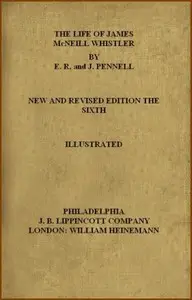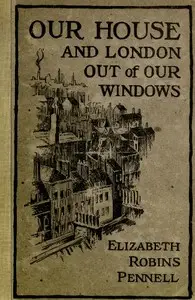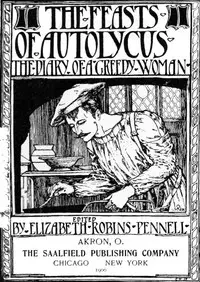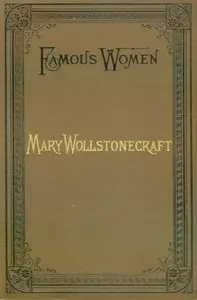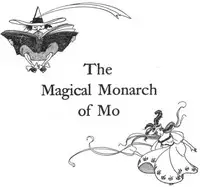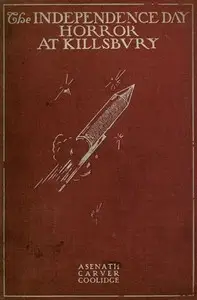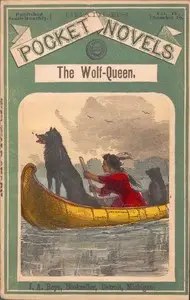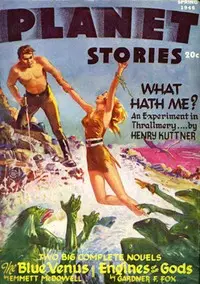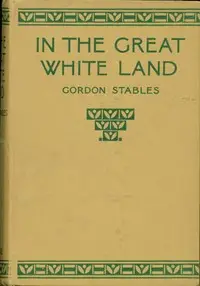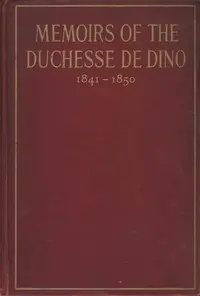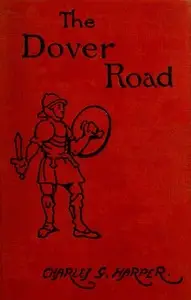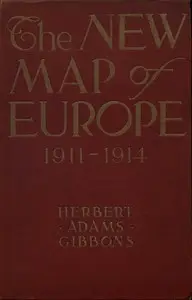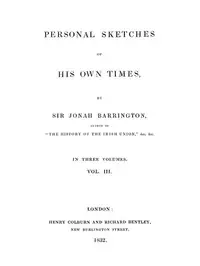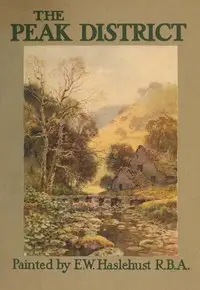"Nights: Rome, Venice, in the Aesthetic Eighties; London, Paris, in the Fighting Nineties" by Elizabeth Robins Pennell is a memoir written in the early 20th century. The book explores the life and experiences of the author as she navigates through various European cities, reflecting on the artistic and cultural currents of the time. The narrative is rich with encounters that reveal the personalities of notable figures and the vibrant art scene of the era, highlighting both the uniqueness and universality of human experiences. At the start of the memoir, the author reminisces about her early days of travel and work in Europe, specifically noting her first arrival in Rome with her husband, J. She reflects on their struggles with their limited means and the misadventures that ensued, such as their experiences with the police for riding a tricycle and getting lost in the Ghetto. The narrative effectively sets the scene for the adventures that follow, detailing their determination to embrace life despite the hardships, and provides a glimpse into the artistic milieu that would come to shape their time in Rome and beyond. The opening chapter weaves nostalgia and a sense of wonder as the couple finds beauty in their artistic ambitions, enriched by the vibrant backdrop of European culture. (This is an automatically generated summary.)
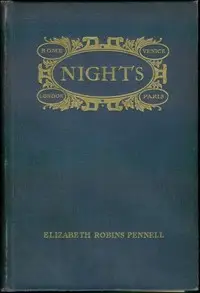
Nights: Rome, Venice, in the Aesthetic Eighties; London, Paris, in the Fighting Nineties
By Elizabeth Robins Pennell
"Nights: Rome, Venice, in the Aesthetic Eighties; London, Paris, in the Fighting Nineties" by Elizabeth Robins Pennell is a memoir written in the earl...
Elizabeth Robins Pennell was an American writer who, for most of her adult life, made her home in London. A researcher summed her up in a work published in 2000 as "an adventurous, accomplished, self-assured, well-known columnist, biographer, cookbook collector, and art critic"; in addition, she wrote travelogues, mainly of European cycling voyages, and memoirs, centred on her London salon. Her biographies included the first in almost a century of the proto-feminist Mary Wollstonecraft, one of her uncle the folklorist Charles Godfrey Leland, and one of her friend the painter Whistler. In recent years, her art criticism has come under scrutiny, and her food criticism has been reprinted.


